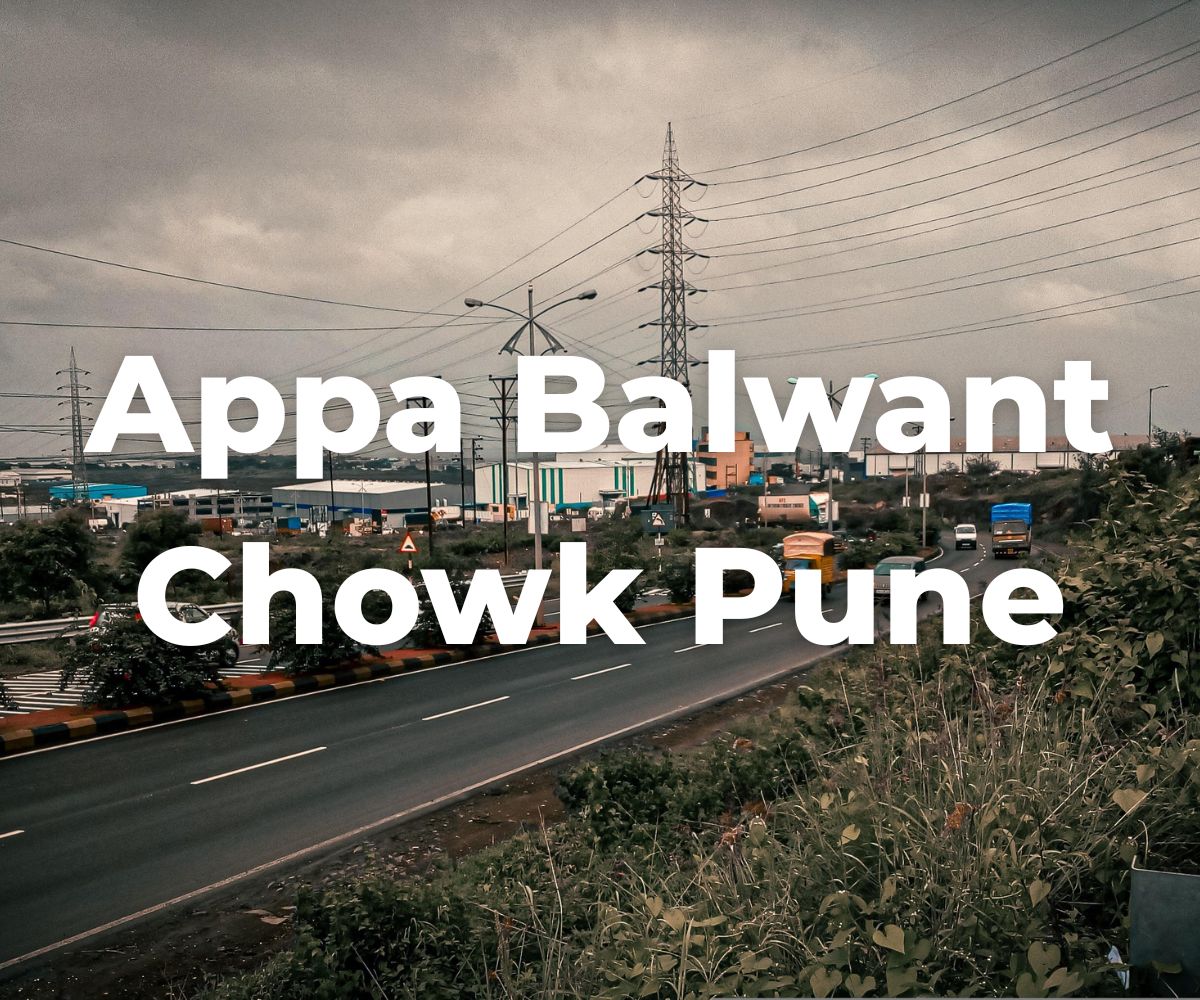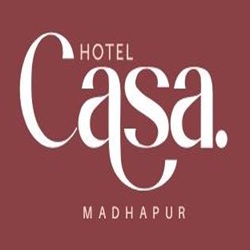appa balwant chowk pune
Description
Appa Balwant Chowk, Pune: The Soul of the City’s Literary and Cultural Heritage
Appa Balwant Chowk — affectionately called ABC by Punekars — is more than just a crossroad. It is a microcosm of Pune’s cultural, educational, and historical evolution. Nestled in the old quarters near Shaniwar Wada and Laxmi Road, ABC is where the pulse of the city beats loudest — through the rustle of book pages, the chants from nearby temples, and the chatter of countless students and traders.
This open-air marketplace, overflowing with books and human stories, represents the enduring spirit of Pune — a city that has learned to blend scholarship, tradition, and commerce in perfect harmony.
Origins: From Maratha Legend to Modern Landmark
The roots of Appa Balwant Chowk trace back to the Peshwa era, when Pune was the cultural and political heart of the Maratha Empire. The chowk was named after Sardar Appa Balwant Mehendale, a Maratha commander whose loyalty and courage earned him the admiration of Peshwa Sawai Madhavrao. According to historical accounts, the young Appa Balwant once saved the Peshwa during a royal procession, prompting the ruler to name the crossroad after him — a lasting tribute to bravery and service.
Over centuries, this intersection evolved from a simple junction into a commercial and social anchor. The lanes surrounding the chowk became a meeting point for traders, priests, scholars, and travellers. Its strategic position — connecting Shaniwar Peth, Budhwar Peth, and Laxmi Road — ensured it always remained at the heart of Pune’s daily life.
The Rise of Pune’s “Open Street Library”
In the mid-20th century, as colleges and universities expanded across Pune, the chowk began its transformation into the city’s most famous book market. What began with a few small bookshops soon grew into a labyrinth of knowledge — rows of shops, stalls, and street vendors selling everything from academic textbooks to literary classics.
By the 1950s and 60s, ABC had become a lifeline for students and readers. Book dealers like L.N. Godbole set the tone for a thriving ecosystem that would later be dubbed “Pune’s Open Street Library.” Today, you can walk through the chowk and find:
-
Competitive exam guides for UPSC, MPSC, NEET, and banking
-
Engineering, medical, and law textbooks
-
Marathi, Hindi, and English literature
-
Rare and second-hand editions
-
Comics, dictionaries, and devotional books
The sheer density of bookshops makes it nearly impossible to leave empty-handed. Shopkeepers, some serving families for generations, have an uncanny ability to locate the exact title a student needs. It’s common to see young readers cross-referencing prices, haggling good-naturedly, and walking away with armfuls of knowledge.
Second-Hand Book Culture: Sustainability in Action
One of the most defining features of ABC is its circular economy of books. Students often purchase used textbooks at low prices and sell them back after exams, creating an affordable and sustainable cycle of learning. This not only reduces costs but also keeps thousands of books in circulation each year.
The practice has turned ABC into an unintentional environmental model. Instead of discarding old editions, Punekars recycle them through resale and exchange. A well-maintained copy can pass through multiple hands, gathering notes, underlines, and stories along the way. In an era dominated by e-commerce and digital reading, ABC continues to thrive because it offers something more tactile — the texture of real paper and the shared community of learners.
A Sensory Journey: Sights, Sounds, and Smells of ABC
Stepping into Appa Balwant Chowk is like entering a living organism. The lanes are narrow but alive with movement. Vendors stack books into towering columns, customers browse under tarpaulin roofs, and the aroma of street food wafts from nearby stalls.
The soundscape is equally rich — honking rickshaws, bells from nearby temples, shopkeepers calling out offers, and the rhythmic flip of pages. Every corner tells a story.
Alongside bookshops, you will find stationery stores, photocopy centres, and printing shops offering complete academic support. Students can buy notebooks, bind notes, or get entire thesis projects printed without leaving the area.
And when hunger strikes, ABC answers with Pune’s signature flavours. The chowk and its adjoining lanes are dotted with stalls serving misal pav, vada pav, sabudana khichdi, thalipeeth, and cutting chai. Traditional sweet shops like Chitale Bandhu perfume the air with the scent of bakarwadi and mithai. Food here isn’t just sustenance — it’s part of the ABC experience.
Heritage and Spiritual Landmarks Nearby
While books dominate ABC’s reputation, its surroundings remind visitors of Pune’s layered past. A few steps away lies the Tambdi Jogeshwari Temple, one of the city’s oldest shrines dedicated to the guardian goddess of Pune. The red-walled structure, alive with incense and prayer, adds a timeless aura to the market.
Within walking distance stand other landmarks — Shaniwar Wada, the 18th-century Peshwa fortress; Vishrambaug Wada, an exquisite wooden mansion; and Tulshibaug, a bustling bazaar known for temple goods and clothing. Together, these form a heritage circuit that captures the city’s blend of spirituality, trade, and scholarship.
The Architecture and Urban Texture
ABC’s architecture reflects Pune’s evolution. On one side are colonial-era structures and wadas with carved wooden balconies. On the other hand, modern glass-fronted shops display electronics and stationery. This juxtaposition of old and new mirrors Pune’s broader identity — a city where history and technology coexist.
Nearby, the red-brick Mahatma Phule Mandai, with its clock tower and Gothic arches, stands as a monument to the British-era civic design that reshaped old Pune. The streets branching out from the chowk connect diverse trade zones: from fabric markets and jewellery shops to repair stalls and mobile accessories.
Navigating ABC: A Visitor’s Guide
Getting there:
Appa Balwant Chowk sits in central Pune’s Budhwar Peth. It’s accessible by bus, auto-rickshaw, or metro (via the Purple Line). Due to tight lanes and limited parking, public transport is ideal.
Best time to visit:
Late mornings on weekdays offer the calmest experience. Weekends and exam seasons bring crowds of students and shoppers. During the monsoon, stalls use tarpaulins to protect books, but pathways can be slippery.
Shopping tips:
-
Make a list of the books you need, including editions and ISBNs.
-
For new books, prices are usually fixed, but you might get a small discount for bulk purchases.
-
For second-hand titles, always check page quality and binding.
-
Carry smaller notes for quick payments; UPI is accepted in larger stores.
Etiquette:
Walk single file in narrow lanes. Keep your bags in front. Ask before taking photos inside shops. Handle books gently — they’re often stacked high and tightly packed.
More Than a Market: ABC as a Cultural Mirror
Beyond its commercial energy, Appa Balwant Chowk is a living archive of Pune’s intellectual culture. Generations of students have depended on it for their education. Families recall buying their first textbooks here decades ago. Writers and professors frequent it for inspiration, while travellers come seeking authenticity rather than glamour.
Festivals like Ganeshotsav and Diwali transform ABC into a carnival of lights. Shopfronts glow, banners advertise festive discounts, and devotional music fills the air. During such times, ABC becomes both a marketplace and a stage — an embodiment of community spirit.
The market's language shifts fluidly between Marathi, Hindi, and English. Shopkeepers respond to every tone with warmth, proving that education and business can coexist with cultural pride.
Modern Challenges and Enduring Relevance
With Pune’s expansion into a tech metropolis, traditional markets like ABC face challenges: traffic congestion, limited space, and competition from online retailers. Yet, the chowk’s resilience lies in its human connection.
Here, booksellers are more than vendors — they are mentors and guides. They remember syllabi, suggest alternatives, and even reserve rare titles for regulars. Their knowledge is built on decades of service, something no algorithm or digital store can replace.
For readers, the act of physically browsing, flipping through pages, and bargaining remains irreplaceable. ABC thrives because it satisfies a human instinct — the joy of discovery.
A Walk Through Time: Suggested Itinerary
Morning (10:30 AM – 12:30 PM)
Start from Laxmi Road and enter ABC. Explore the academic and literature sections, picking your key titles.
Lunch (12:30 PM – 1:30 PM)
Try Bedekar Misal or a nearby thalipeeth stall.
Afternoon (1:30 PM – 3:00 PM)
Visit binding shops and stationery stalls. Walk to Shaniwar Wada or Tulshibaug for a heritage interlude.
Evening (3:00 PM – 5:00 PM)
Enjoy a cup of tea, sample sweets at Chitale Bandhu, and end your day at the Dagdusheth Ganapati Temple.
This half-day loop captures ABC’s full spirit — knowledge, devotion, and delight.
Why Appa Balwant Chowk Still Matters
In an era of one-click purchases and algorithmic recommendations, ABC stands as a reminder of slower, richer exchanges. It’s where learning is a community act — built through touch, talk, and trust.
For Pune, ABC is not a relic; it’s a living monument to the city’s values — education, enterprise, and empathy. For travellers, it’s a window into a culture that values books as much as business.
Appa Balwant Chowk continues to teach an unspoken lesson: progress and tradition need not compete. They can thrive together, in the same crowded lane, beneath the same tarpaulin roof, where a new generation of readers still finds joy in the turn of a page.





















.png)



